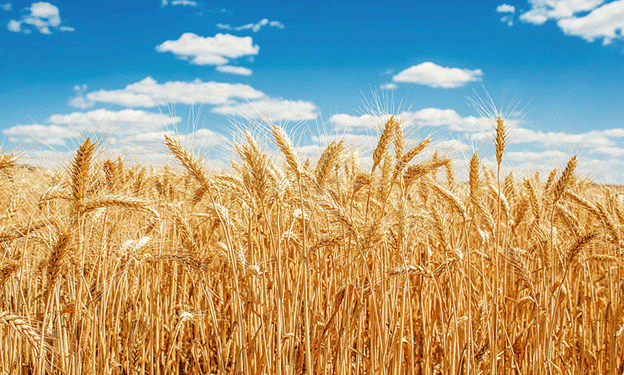Government Moves to Prevent Wheat Storage Losses
Pakistan’s wheat sector is facing a critical challenge—ensuring the timely sale of stored wheat to prevent financial and quality losses. To address this, the Pakistan Agricultural Storage & Services Corporation (PASSCO) has been directed to streamline its wheat sales before the arrival of the new crop. Federal Minister for National Food Security & Research, Rana Tanveer Hussain, issued these directives during a high-level meeting at PASSCO headquarters, emphasizing the urgency of the matter.
Key Decisions and Strategic Measures
During the meeting, attended by top government and PASSCO officials, the following measures were discussed:
- Strengthening Coordination: PASSCO has improved collaboration with provincial authorities and key stakeholders to accelerate wheat sales and prevent stockpiling issues.
- Ensuring Market Stability: By releasing stored wheat strategically, the government aims to regulate supply, prevent price fluctuations, and support both consumers and farmers.
- Transparency in Wheat Sales: Measures have been put in place to ensure fair and efficient transactions, reducing bureaucratic delays and improving accessibility for buyers.
- Technology Integration: The minister stressed the need for modern technological solutions in wheat procurement and sales, enhancing efficiency and traceability.
Why Timely Wheat Sales Matter
Prolonged wheat storage poses multiple risks:
- Quality Deterioration: Stored wheat can lose its nutritional value and develop storage pests if not managed properly.
- Financial Losses: The government incurs substantial costs in maintaining stored wheat, making timely sales crucial for economic efficiency.
- Market Disruptions: Excessive stock retention can create artificial supply constraints, leading to unnecessary price hikes.
PASSCO officials reassured the government of their commitment to ensuring food security and stabilizing the market through these initiatives. The organization has also been tasked with addressing administrative and financial hurdles that could delay the sale process.
Pakistan’s proactive approach to managing wheat stocks is a crucial step in maintaining food security and market stability. By prioritizing timely sales, enhancing transparency, and leveraging technology, the government is reinforcing its commitment to both farmers and consumers. Moving forward, sustained efforts will be needed to optimize wheat procurement, reduce post-harvest losses, and strengthen the agricultural sector.
Error





